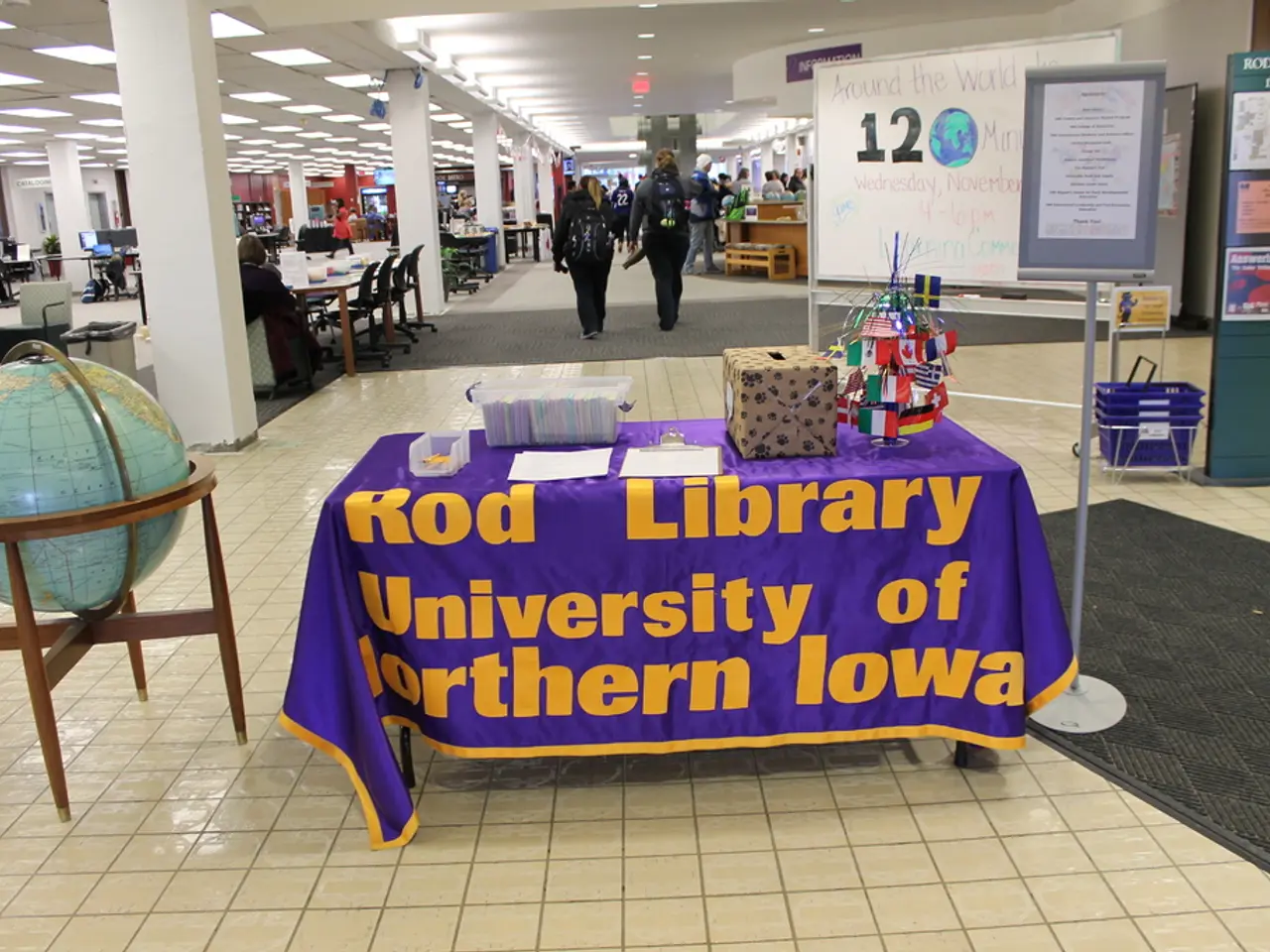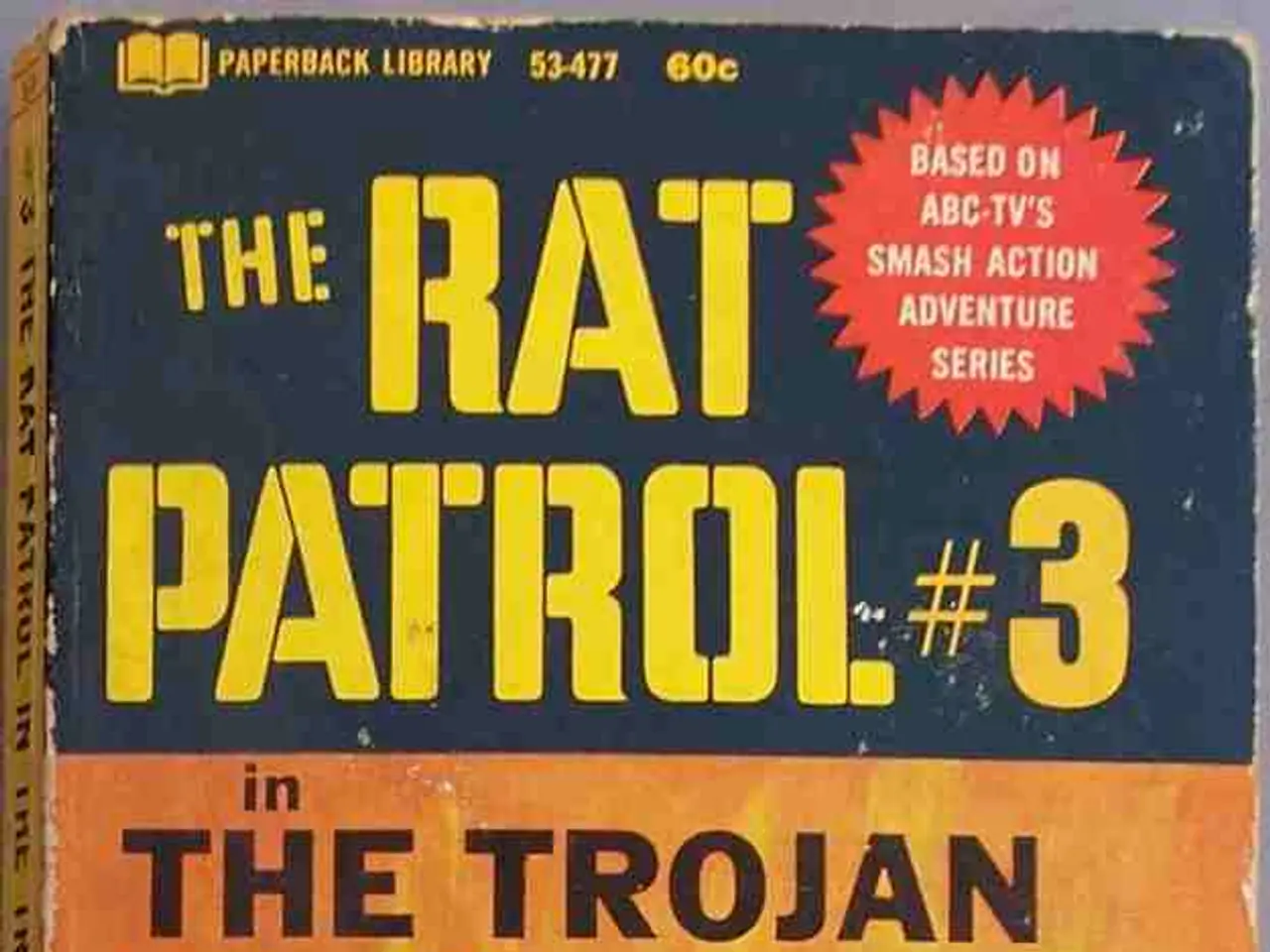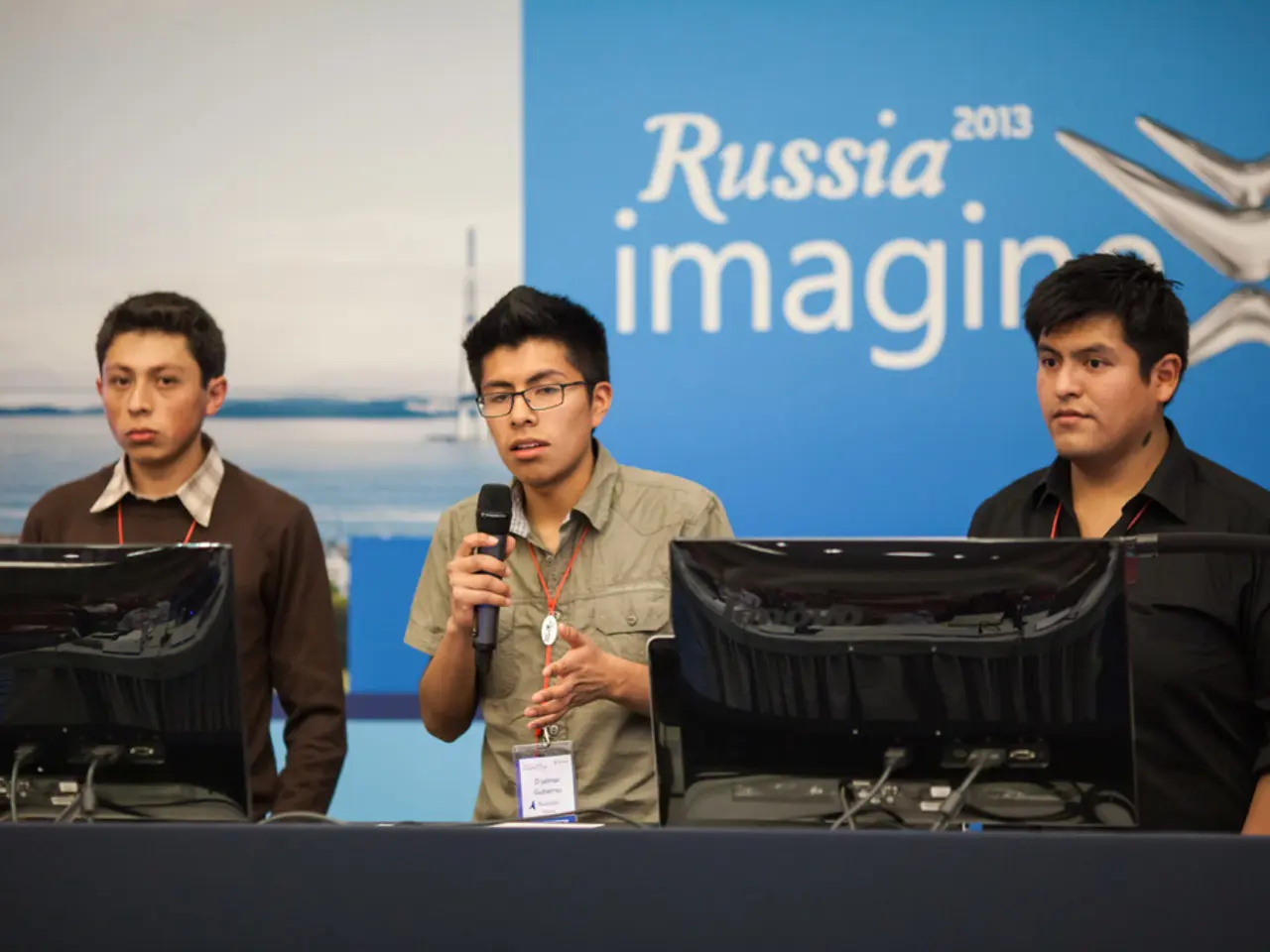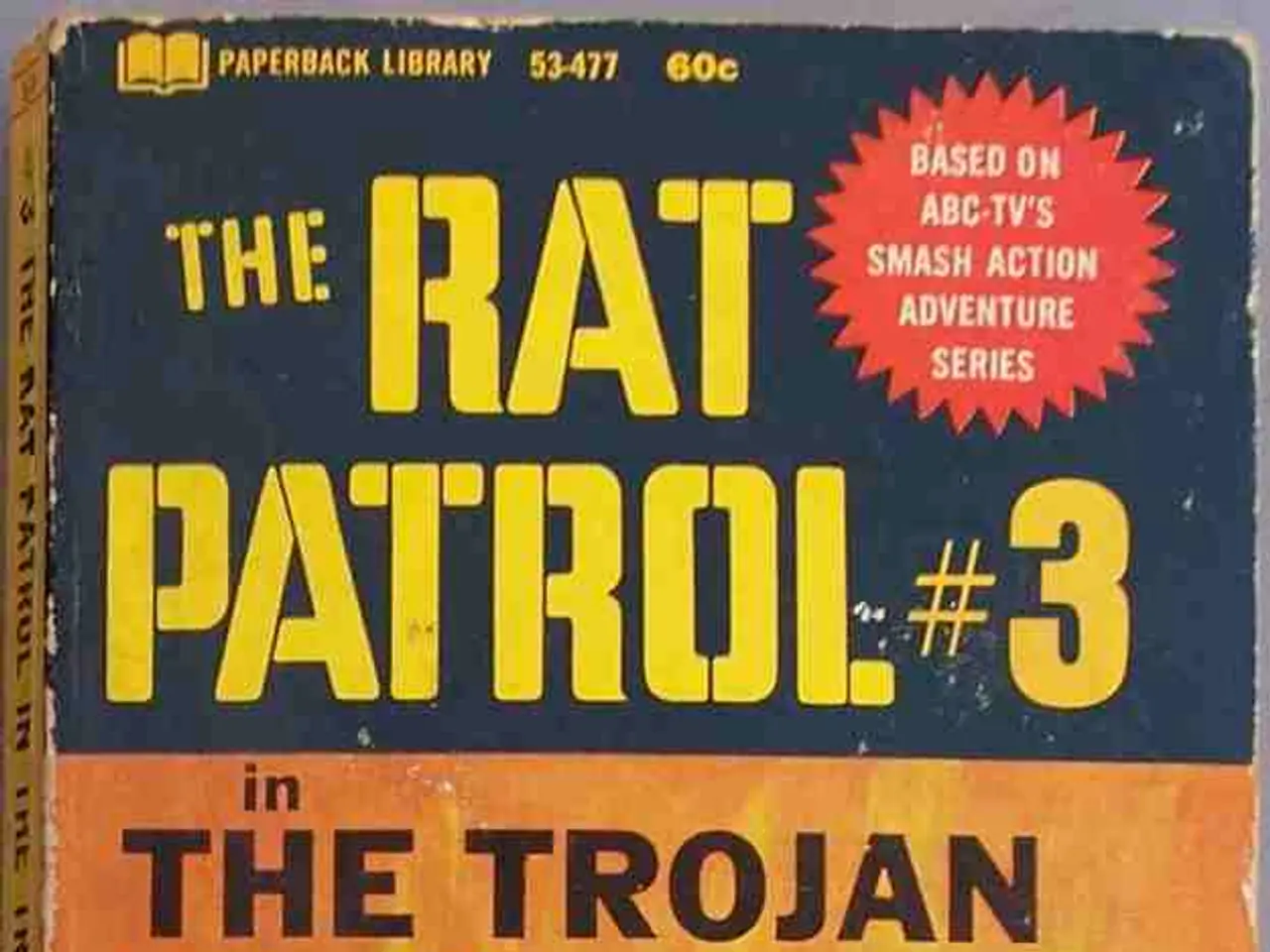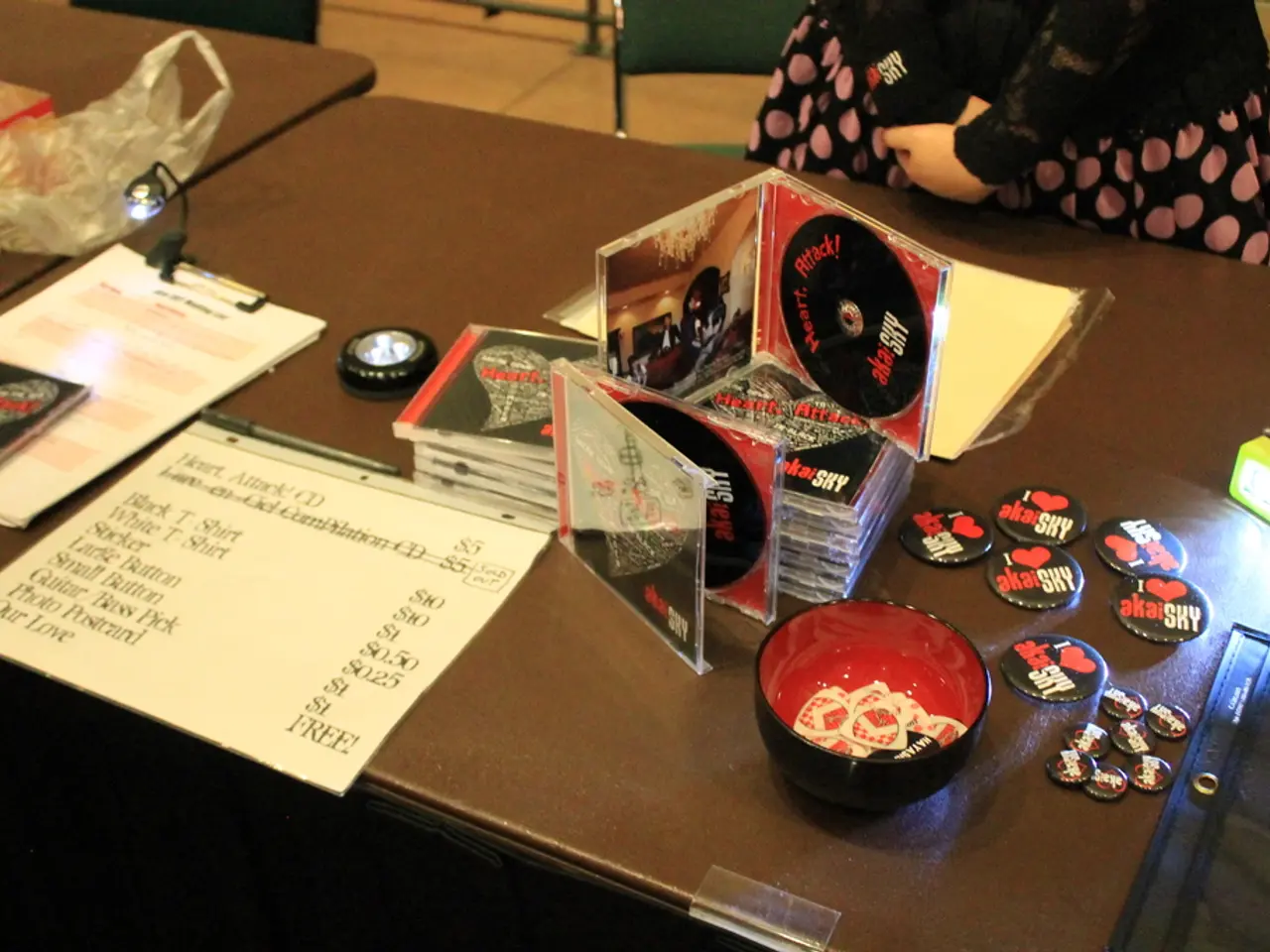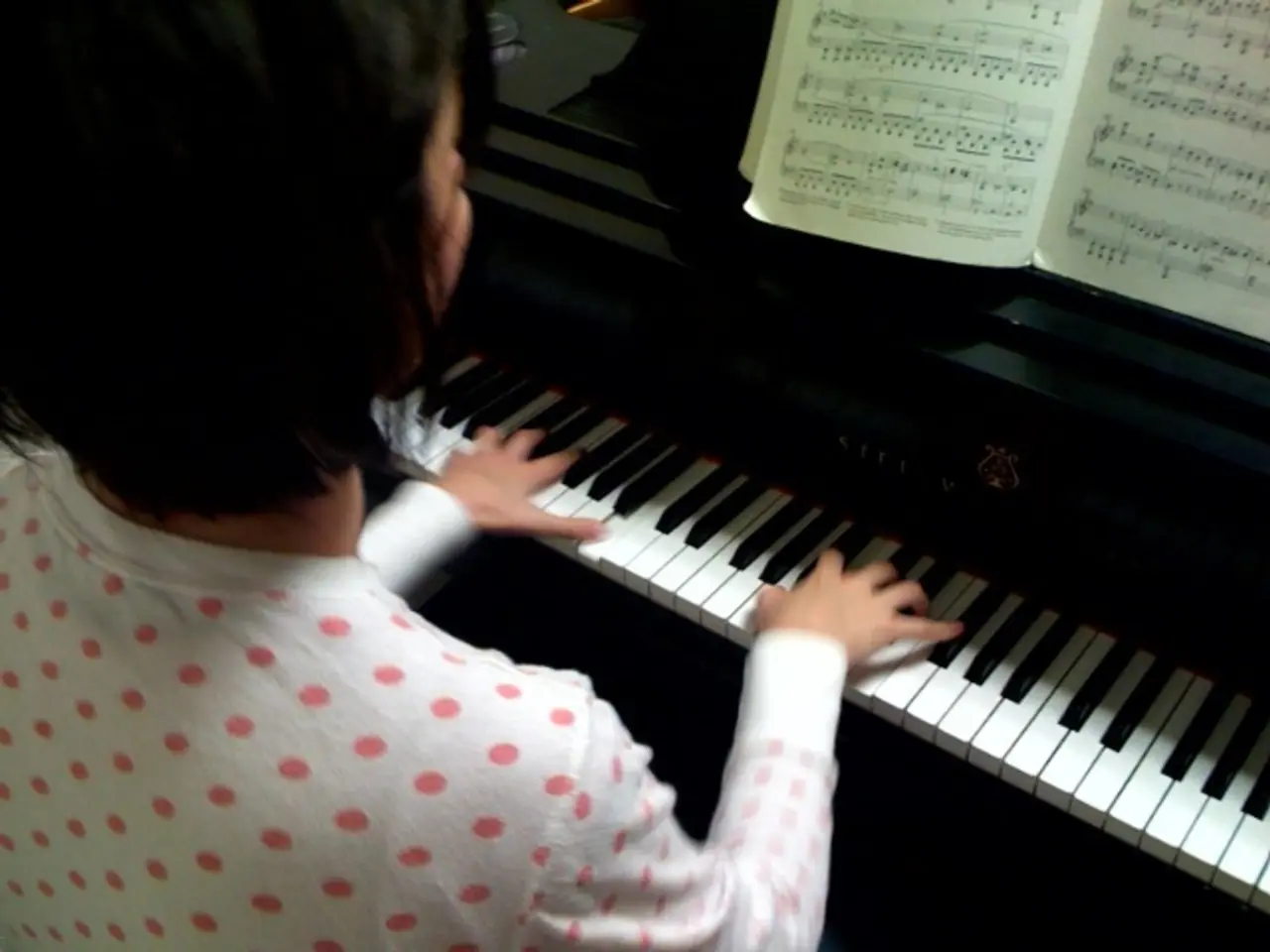Mourning the Casualties of the Atomic Explosion: A Nagasaki Tribute
Nagasaki Marks 80th Anniversary of Atomic Bombing, Urges Global Nuclear Disarmament
Eighty years have passed since the atomic bombing of Nagasaki on August 9, 1945. The Japanese city commemorated this somber anniversary with a peaceful demonstration, calling for the elimination of nuclear weapons worldwide.
The atomic bomb dropped on Nagasaki, named "Fat Man," claimed the lives of approximately 70,000 people instantly, and another 75,000 were injured. The bombing followed the devastating atomic attack on Hiroshima three days earlier, which had a lesser yield.
Mayor Shiro Suzuki of Nagasaki issued a peace declaration, urging the world to learn from history to ensure that Nagasaki remains the last city to suffer an atomic inferno. He also emphasized the need to overcome the current cycle of confrontation and division in the world.
In a poignant moment, a minute of silence was observed at 11:02 AM local time, marking the exact moment the "Fat Man" atomic bomb was dropped.
Nagasaki's call for nuclear disarmament is not new. The city's mayor, like Hiroshima's, has been advocating for Japan's government to join the 2017 UN Treaty on the Prohibition of Nuclear Weapons (TPNW). The treaty, which aims for total elimination of nuclear weapons, has been signed by 94 countries and has 73 ratifications or accessions as of August 2025.
However, none of the nine nuclear-armed states, including Japan, have signed or ratified the TPNW. Japan, despite being the only city to experience atomic bombings during World War II, has not adopted the treaty. Instead, the country maintains its reliance on the US nuclear umbrella for defense and has thus refrained from joining treaties that outright prohibit nuclear weapons.
The TPNW came into force in 2021 after 50 ratifications and continues to grow in membership mostly among non-nuclear states and supportive civil society and city governments worldwide, many calling on their national governments to join. Japan remains outside this group, reflecting its particular security policy stance.
The grassroots organization Nihon Hidankyo, composed of survivors of the atomic bombings of Hiroshima and Nagasaki, received the Nobel Peace Prize last year for its efforts towards a nuclear-weapon-free world.
The Japanese cities of Hiroshima and Nagasaki serve as symbols of the power of civil society in promoting peace. Their continued advocacy for nuclear disarmament stands as a testament to the resilience of their people and their commitment to ensuring that the horrors of war are never repeated.
Political discourse surrounds global nuclear disarmament as Nagasaki, a city scarred by war-and-conflicts, marked the 80th anniversary of its atomic bombing. The city's annual commemoration this year included a call for the world to heed the lessons of history and work towards overcoming the politics that perpetuate current cycles of division and confrontation, especially in the realm of general-news, where nuclear weapons are still a pressing issue.
